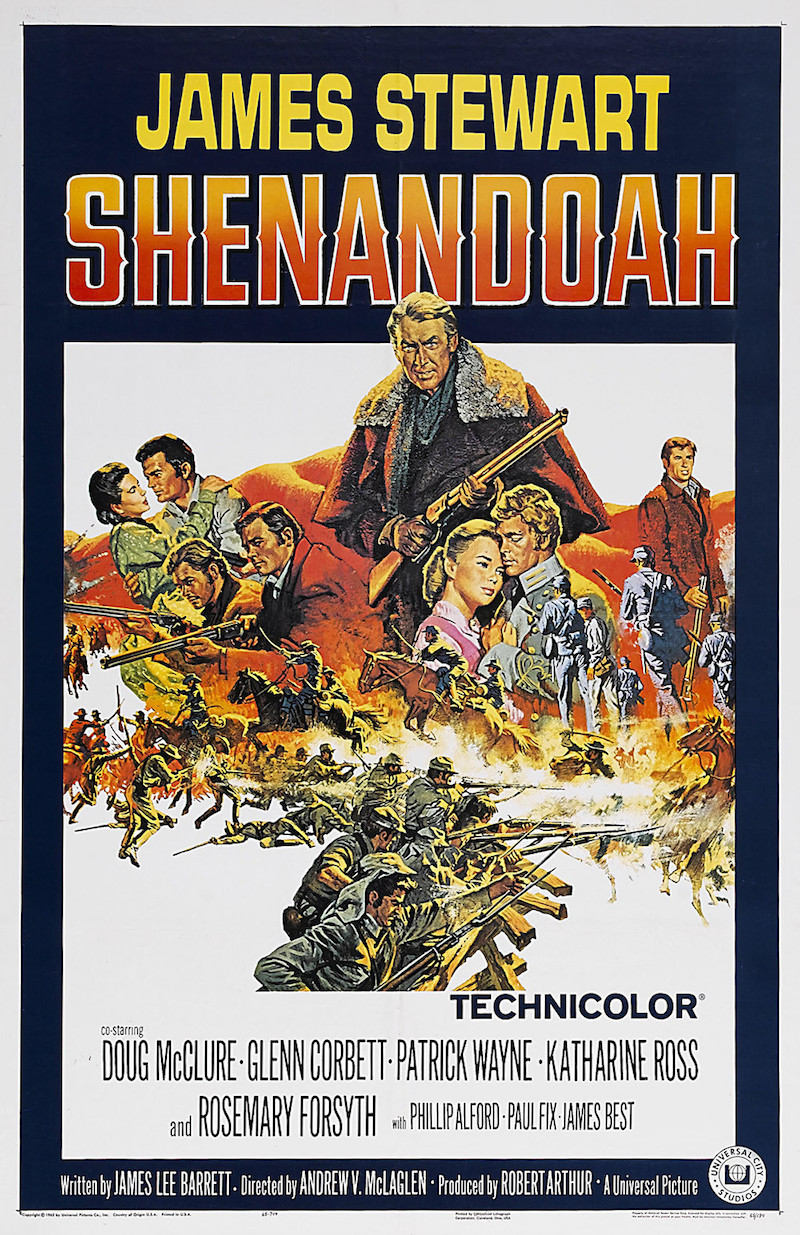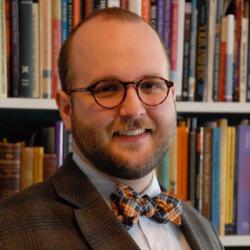“Every good gift and every perfect gift is from above, and cometh down from the Father of lights, with whom is no variableness, neither shadow of turning. Of his own will begat he us with the word of truth, that we should be a kind of firstfruits of his creatures.”
 I’ll be reading this passage (James 1:17-18) to my congregation on Thanksgiving morning. It’s one of the assigned Propers for Thanksgiving Day according to the 1928 Book of Common Prayer, and it’s a stirring reminder of the goodness of God.
I’ll be reading this passage (James 1:17-18) to my congregation on Thanksgiving morning. It’s one of the assigned Propers for Thanksgiving Day according to the 1928 Book of Common Prayer, and it’s a stirring reminder of the goodness of God.
The themes are pretty obvious. Unlike lusts and sinful enticements that bring forth sin and death (James 1:13-16), the Father is always good. All that is good and perfect comes from Him, ultimately. He is the good and the source of all that is good. He does not tempt His children toward evil—such is a blasphemous thought, crediting the work of the Devil to our Lord, Redeemer, and Friend.
And our Lord does not change, unlike heavenly bodies that vary over time, as the seasons and years pass by, marking our own short, mutable lives. Yet He loves mortals such as us, coming to redeem us and making us the good wheat of the fields white with harvest, living sacrifices of praise and thanksgiving to Him. Obviously, this is a rich and important truth to bear in mind during the Thanksgiving season, but I fear we often neglect it.
I am reminded of this negligence whenever I watch one of my favorite films, Shenandoah. In this 1965 film, Charlie Anderson (played by James Stewart) is an independent farmer in Virginia’s Shenandoah Valley during the Civil War. He is also a widowed patriarch with six sons, a daughter, and an expectant daughter-in-law.
Charlie Anderson has a spiritual problem. His virtue of self-sufficiency and values of household independence have warped into a vice. He credits his and his family’s efforts for providing their daily bread rather than God’s providence (grace/generosity/etc.), confessing so in an irreverent prayer given before dinner. He does attend church with his children, but only out of begrudging obedience to his late wife’s request. And he resents God for taking away his beloved wife, Martha. He credits what is bad in his life to the Heavenly Father, and all that is good to himself and his clan.
His whole world turns upside-down thanks to the ravages of the war. While Charlie maintains a policy of neutrality toward both sides, the conflict comes to him. Fortune proves to be no respecter of persons or their preferences. In a near Job-like experience, Charlie loses property and members of his beloved family to rapine and violence. By the end of the film, three new bodies are in the cemetery, and his youngest son, Boy, is missing—likely a casualty. Charlie returns to his smaller, damaged household, unable to offer up his usually sarcastic grace before breakfast. He goes out to a now-enlarged plot of graves. He “talks” to his departed wife Martha, contemplating the merciless ravages of war. He says, “I wish I could just know what you’re thinking about it all, Martha, and maybe things wouldn’t look so bad to me if I only knew what you thought.” At this moment, church bells ring, beckoning Charlie to the Sunday meeting. There, he sings the last couple of lines of Martin Luther’s hymn, “A Mighty Fortress Is Our God”:
Let goods and kindred go, this mortal life also;
The body they may kill, God’s truth abideth still, His kingdom is forever.
During the service, Charlie’s youngest son limps in, to the great joy of his father. Charlie, stripped of so much, is grateful for the good things he does have in this life that are blessing of God, particularly the restoration of a son that he had thought was lost. At the end of the film, Charlie and Boy tearfully sing Thomas Ken’s ubiquitous doxology:
Praise God, from whom all blessings flow;
Praise Him, all creatures here below;
Praise Him above, ye heav’nly host;
Praise Father, Son, and Holy Ghost.
Charlie Anderson is a changed man, broken by the bitter pains of misfortune and the steadfast grace of God. Presumably, this is gist of what pious Martha would have told Charlie if she were still alive.
During the coming holiday season, many people who have suffered loss as Fortune’s wheel has gone up and down may be tempted to resentment. Most dangerous of all, they may be tempted to resent God Himself, blaming Him as the cause of the evils and pain they have suffered in this life. If they had His omnipotence, omnipresence, omniscience, and sovereignty, surely they would have done a better job—at least for themselves.
But, of course, as Charlie Anderson came to realize, God is not the source of evil. He is only and ever good, and unchangingly so. May we all be thankful for this truth.
Image: Shenandoah, Universal

